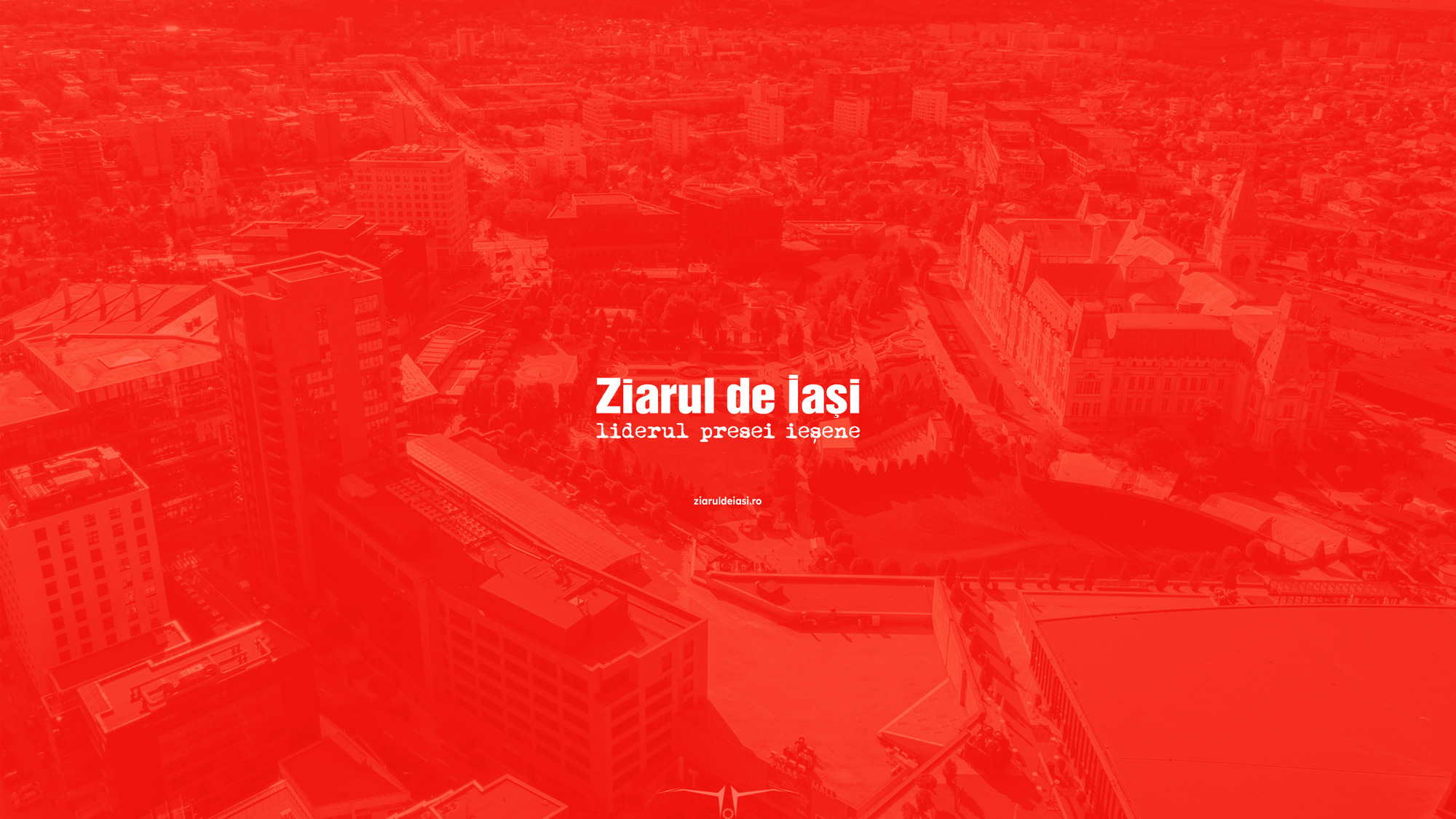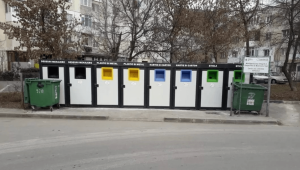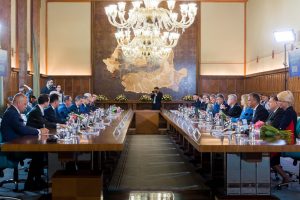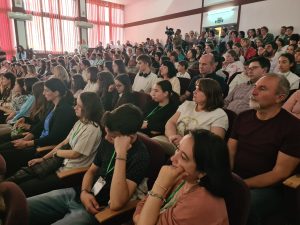
When an affair plan is made up there is always a separate chapter, which is called the SWOT analysis. SWOT comes form the abbreviation of the terms Strong Points – Weak Points – Opportunities – Threats and refers to the factors that could decisively influence the success chances of a company. Such an approach could be extended, quite naturally, at the analysis of other organizations too, particularly at those of the political parties. Especially when they go through inflexion points, as the one that marked the Democratic Party’s evolution, which has just passed from the Roman epoch to Basescu epoch.
The founder of the party and its former president fought up to the end, though he was probably aware – before the beginning of the national convention – of the final denouement. PD chose to align behind its most popular leader, the only political man in the Opposition that has a top executive position in Romania now. Mayoralty offers Basescu visibility and real power levers, even if PDSR keeps on trying to erode his position in the General Council. Even if there are voices saying that the Bucharest general mayor position makes Traian Basescu vulnerable to PDSR’s attacks, including criminal charges that find him without juridical immunity, such a danger is probably exaggerated. His new political dimension that imposes him for now as the most important anti-PDSR political figure (at present there is no such political tractor pushed by PNL – National Liberal Party) renders pretty risky the attacks against him by the current rule, not only because, generally, Traian Basescu knows how to play the mass media card, but also because victimizing him will only increase his popularity quota. Especially that, unlike Vadim Tudor – who also has a remarkable communication capacity – the fresh PD president has a totally different public credibility.
The danger is more likely to come from a different direction. From the incapacity to change things in Bucharest, significantly, over the period to come.
As far as the party is concerned too, things are quite complicated. Monopolized by the mayoralty, the PD president could not but delegate a trust team to administrate the current affairs of the party. It is not difficult to anticipate that such a team will surely include intimates as Anca Boagiu and the other young people he promoted in the latest electoral lists. On a somehow tensional background of the latest national convention, such a team will have to confront both Petre Roman’s intimates and the fiefs of the barons Berceanu, Duvaz or Alexandru Sassu. The experience of such confrontations show that Petre Roman once removed from the top of the party, the unity of the different groups of interest that supported Traian Basescu against the former president out of different reasons, many of these motivated by personal interests, will be hard tried.
The governing party has anyway all the interest to attract to him the ones who want to redirect towards PDSR, both in order to extend its parliamentary weight and to reduce PD’s credibility as a social-democrat party, especially on the external level. This is another major weak point for the political future of the Democrat Party as, though the elections are won in the country, it is hard to ignore the external "anchor", especially in a Europe that directs more and more towards a structure of federal type. So that the external legitimacy will count a lot in the internal competition on the social-democratic segment. Such a situation makes PD confront a deep identity crisis, which not even Traian Basescu’s personal charisma could solve easily. Anyway, form this point of view, the latest electoral cycle offered contradictory indexes. On the one hand, Vadim Tudor took with him an important segment of the population with his justice-maker discourse, which probably Traian Basescu’s supporters hope too. On the other hand, the rise and the spectacular decline too of ApR show that in the confrontations with marking polarization, as it is likely to happen in 2004, the groups with unclear identity or eclipsed by a dominant actor on the same electoral segment are electorally unstable and extremely vulnerable to the leader’s eroding.
Beyond such an analysis, it will be extremely interesting to follow the political race in which cerebral leaders take part, clever and with remarkable negotiating resources as Adrian Nastase or Valeriu Stoica, together with characters of volcanic temperament and aggressive style as Traian Basescu. As for Petre Roman’s political future, it is hard to make a forecast now. Ion Iliescu too was considered finished four years ago. The fluidity of the political evolutions here still allows the most surprising possible variants.
(Alexandru LAZESCU)






















